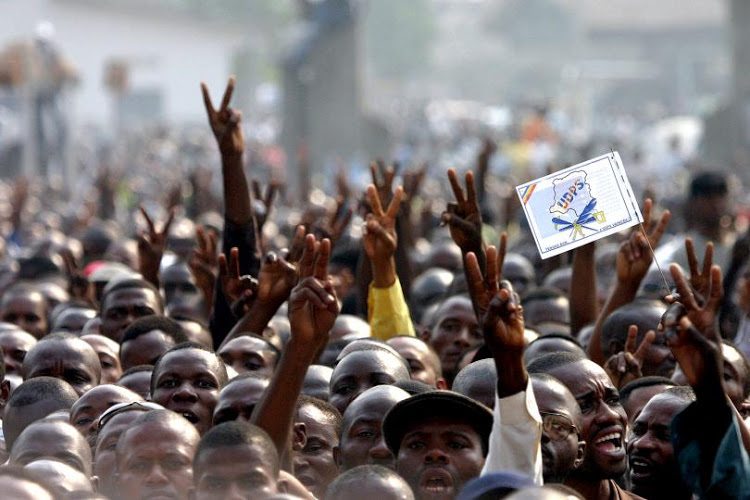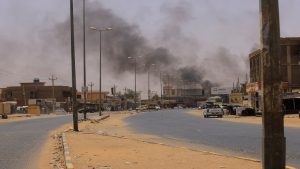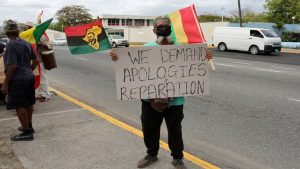The victimization narrative that surrounds African youth is disempowering, overlooks youth agency while keeping young people marginalized on the continent.
That was among the key messages delivered during a briefing of the United Nations Security Council on mobilizing the youth towards silencing the guns in Africa by 2020. With nearly 20% of the continent’s population aged between 15 and 24, the African Union has recognized that youth must be at the core of its initiatives, including eradicating conflicts throughout the continent.
There are 220 million young people in Africa, a number expected to rise to around 350 million in the next decade. While they have been change agents most recently in Algeria and Sudan, they have also taken to the streets in Tunisia, Zimbabwe, Burkina Faso and elsewhere demanding and achieving political change.
“I come from that generation that started the first 21st Century revolutions; we stood up for our rights and not only demanded but led change. We moved from being perceived as subjects to active citizens and change-makers,” says AU’s Youth Envoy Aya Chebbi.
Among the key demands is for greater youth participation in conflict prevention, peace -making and peace-building and for institutions like the Security Council to hear more regularly from young people who offer different perspective on these issues.
“First and foremost, this is a question of narrative. Unfortunately when African Youth get the worst leader’s attention, they are talked about as perpetrators of violence with images carrying the guns, as the dangerous class, as the number of the unemployed, as migrants dying in the Mediterranean and as a youth bulge. But they are not spoken about as a generation of peace builders that change the course of history, that revolutionize technology, that inspired new ways of citizen engagement. Africa Youth do not resign themselves to the hardships of their situation; they are using their agency and creativity to build the Africa we want.”
Also of concern are gaps that exist in economic and social development in many parts of Africa that risks radicalization and violent extremism by young people who lack adequate alternatives. Victor Ochen is 34 year-old UN Global Goals Ambassador and a peace activist from Uganda.
“Imagine if we shared with the rest of the world as Africa the resources in a way that benefits Africans, where would Africa be by now? And of course some questions that have been coming in which is a growing concern among Africans, UN is key, we have to promote bringing the UN closer to the people, let them understand the values and principles and declarations and treaties signed. They will be able to respect the rules of engagement but the big question everyone is asking is when will we have Africa as a permanent member of UN Security Council? It’s a question that SC (Security Council) should look at now if you have to maintain legitimacy of such an important institution.”
The need for silencing the guns in Africa is no longer regarded as choice but an absolutely necessity. This is a view shared by the UN’s Special Advisor on Africa, Bience Gawanas.
“It must always be recognized that the large majority of youth, including in Africa, are in reality peaceful and enterprising. They are agents and partners of peace, the “connective tissue” and have a critical contribution to make at national, regional and global levels, bridging the silos of development, human rights, humanitarian and peace and security. If the right investments in youth are made and their social, political and economic engagement is recognized and nurtured, societies may reap a peace dividend.”
There are calls for governments, development partners, civil society, the private sector and multilateral institutions to remove structural barriers that prevent greater youth participation in the development agenda.






